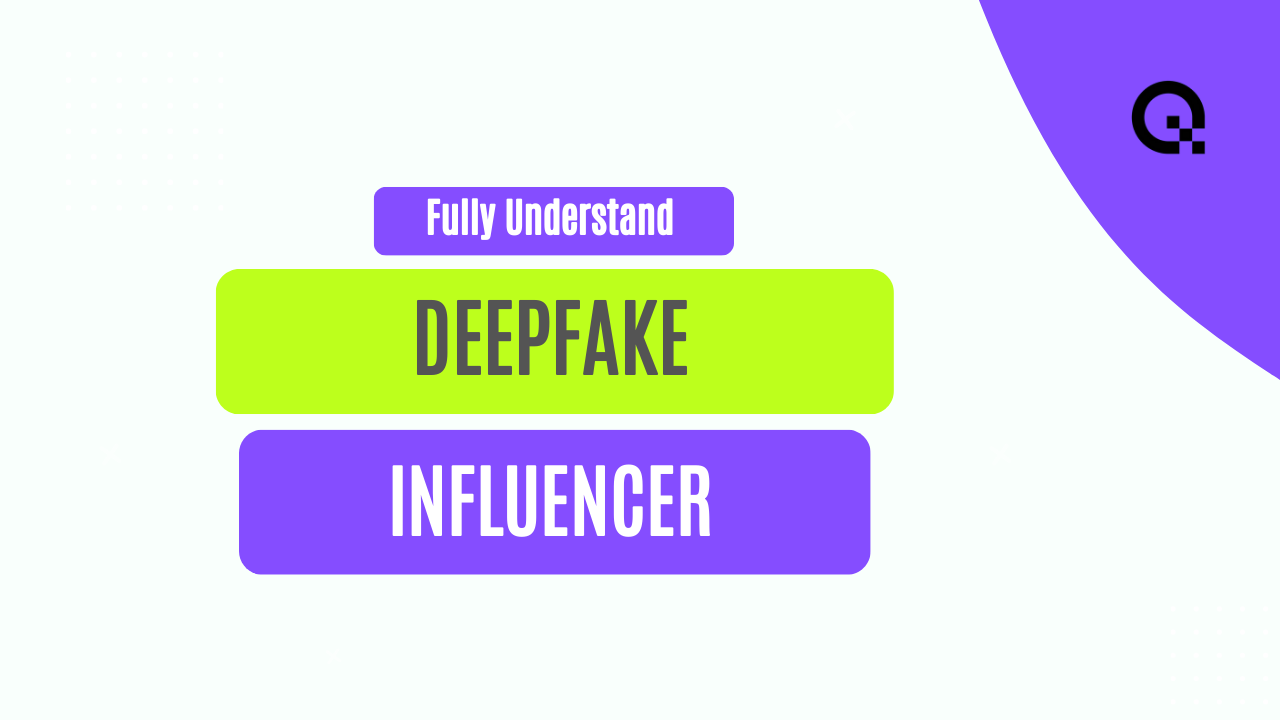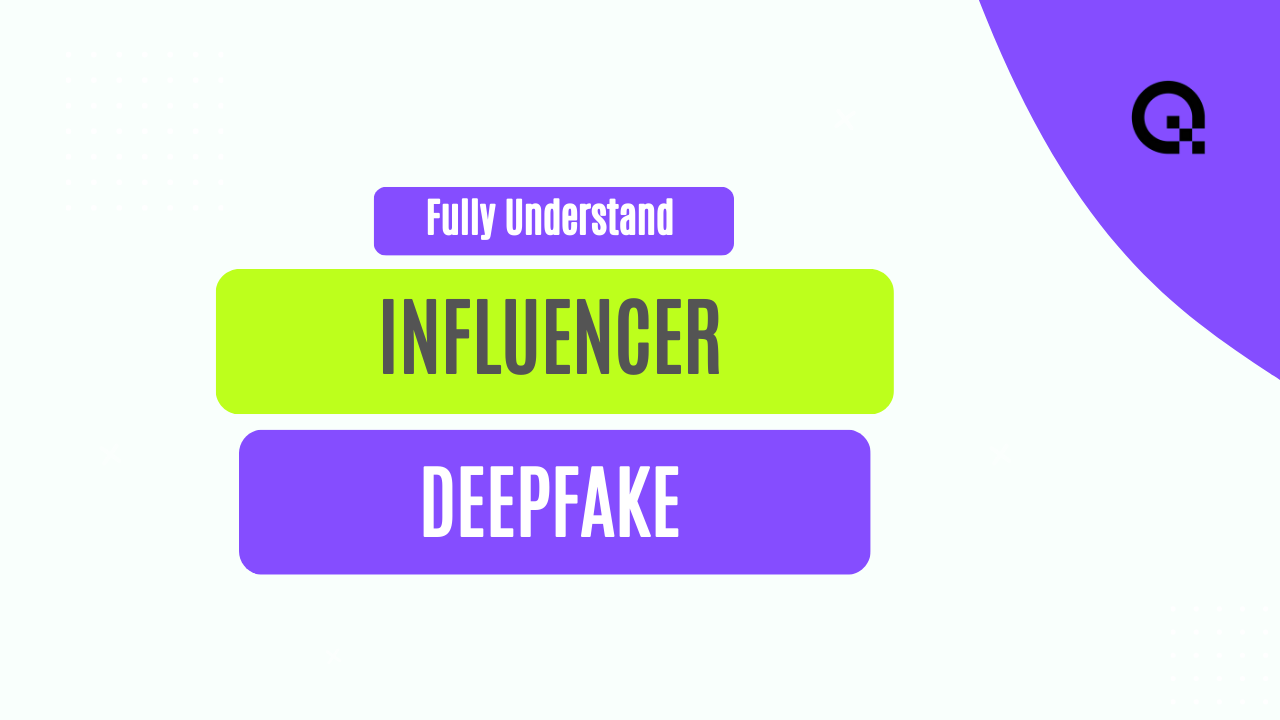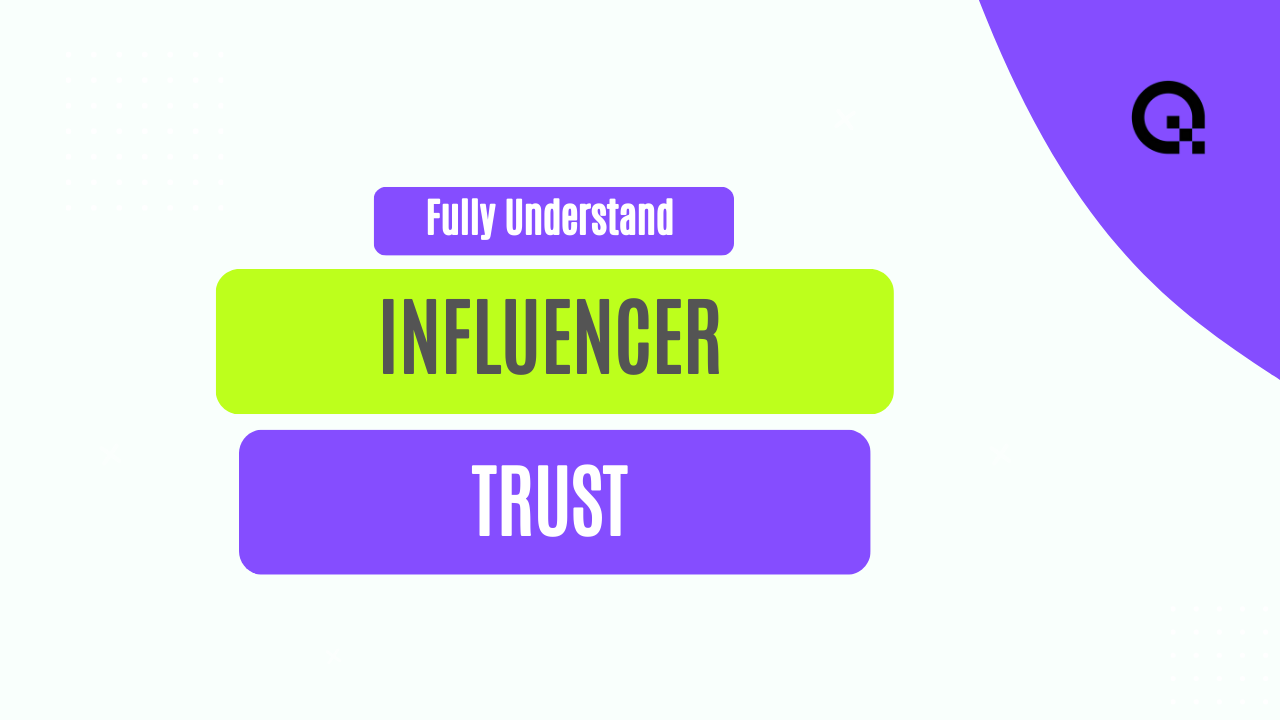The Rise of Influencer Marketing: Exploring the Impact of Deepfake Technologies
In today's digital age, influencer marketing has become a powerful tool for brands to reach their target audiences and drive engagement. However, the landscape of influencer marketing is constantly evolving, and one of the latest advancements in this field is the use of deepfake technologies.
Understanding Deepfake Technologies
Deepfake technologies utilize artificial intelligence to create hyper-realistic videos and images that can convincingly depict individuals saying or doing things that never actually occurred. While deepfakes have garnered attention for their potential misuse in spreading misinformation and fake news, they also present intriguing opportunities in the realm of influencer marketing.
By leveraging deepfake technologies, brands can create virtual influencers who embody their values and messaging without the limitations of human influencers. These virtual influencers can be customized to fit specific brand aesthetics and personas, offering a level of control and consistency that is often challenging to achieve with human influencers.
Additionally, deepfake technologies enable brands to resurrect historical figures or celebrities for marketing campaigns, bringing iconic personalities back to life in a digital format. This opens up new creative possibilities for storytelling and brand promotion, blurring the lines between reality and fiction.
The Impact on Brand Authenticity
While deepfake technologies offer innovative solutions for influencer marketing, they also raise important questions about authenticity and transparency. As consumers increasingly value authenticity and genuine connections with brands, the use of virtual influencers created through deepfake technologies may challenge traditional notions of credibility and trust.
Brands must navigate the ethical implications of using deepfake technologies in their marketing strategies, ensuring transparency and disclosure to maintain consumer trust. Balancing the creative potential of deepfakes with ethical considerations is crucial to building long-term relationships with audiences and safeguarding brand reputation.
Furthermore, the rise of deepfake technologies underscores the importance of media literacy and critical thinking skills in discerning between real and manipulated content. As deepfakes become more sophisticated and widespread, consumers must be equipped to identify and evaluate the authenticity of the content they encounter online.
The Future of Influencer Marketing
As deepfake technologies continue to advance, the future of influencer marketing holds exciting possibilities and challenges. Brands will need to adapt to the evolving digital landscape by embracing innovative technologies while upholding ethical standards and transparency.
By exploring the intersection of influencer marketing and deepfake technologies, brands can unlock new avenues for creativity and engagement, shaping the way they connect with audiences in the digital age.
Overall, the integration of deepfake technologies in influencer marketing signals a paradigm shift in how brands leverage digital tools to tell compelling stories and build meaningful relationships with consumers.
Conclusion
In conclusion, influencer marketing with deepfake technologies represents a dynamic and complex evolution of traditional marketing practices. While the use of deepfakes introduces novel opportunities for brands to engage with audiences in innovative ways, it also necessitates a thoughtful approach to ethics and authenticity.
As brands navigate the opportunities and challenges presented by deepfake technologies, they must prioritize transparency, integrity, and consumer trust to ensure sustainable success in the ever-changing landscape of influencer marketing.



